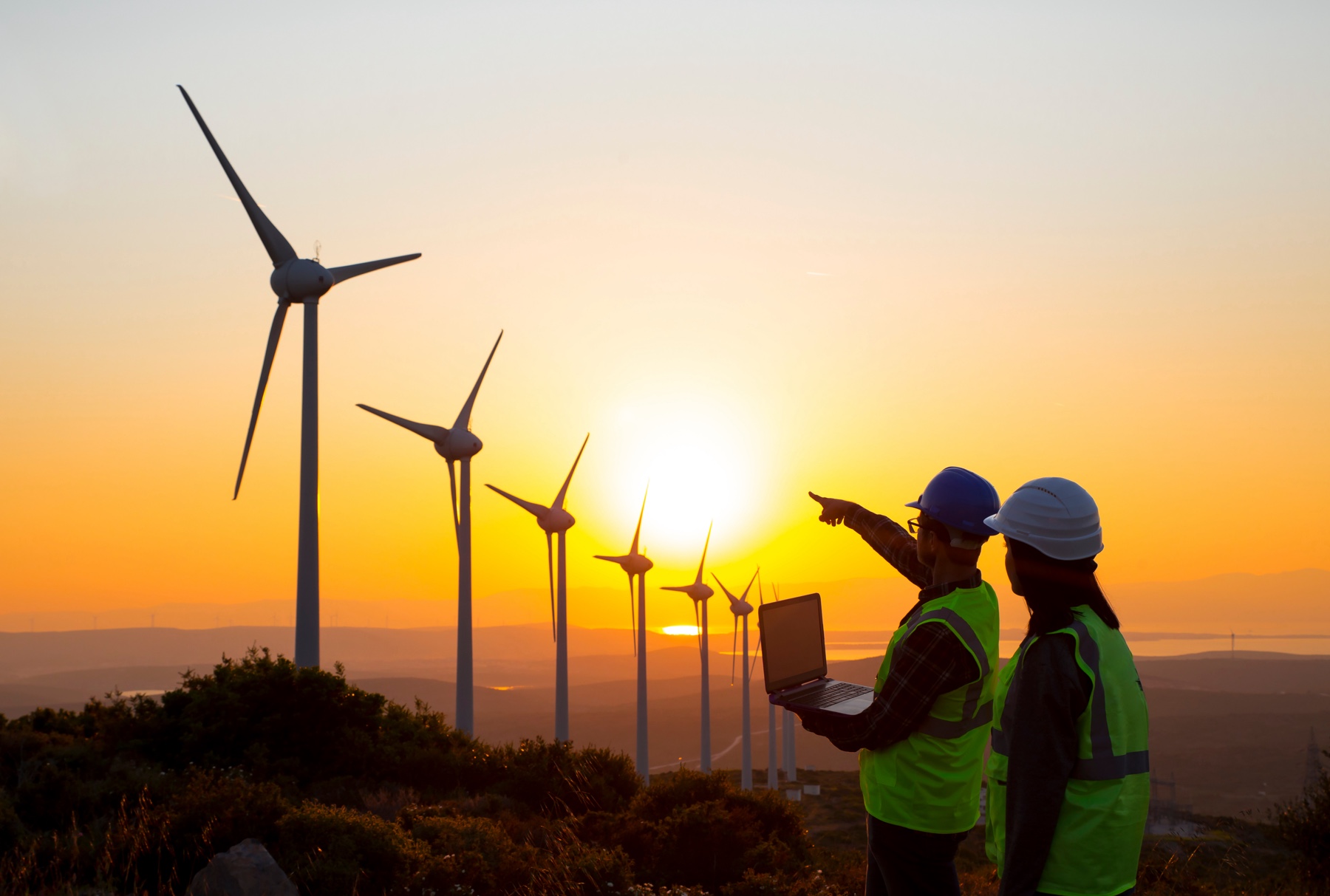A framework for sustainable aquaculture
There is an increasing global demand for aquaculture produce. In response, Thailand has developed intensive farming methods. Vast tracts of land now consist of low biodiversity aquaculture ponds.
Project leader
Prof David Werner
Dates
2020-2022
Project staff
Prof Tom Curtis
Soydoa Vinitnantharat, King Monkut's University of Technology
Pavinee Pattanachan, King Monkut's University of Technology
Sponsors
BBSRC
Description
Urban pollution causes algae blooms in aquaculture ponds, with and without nutrient addition.
The ponds are vulnerable to pollution and novel shrimp and fish diseases. Also, rapid metropolitan growth has resulted in very poor water quality in urban drainage canals. Many of these canals provide water for coastal aquaculture.
The cost to the Thai economy from algae blooms and novel shrimp and fish diseases amounts to billions of pounds.
We are working with Thai government officials and small-scale aquaculture producers. We are carrying out a critical analysis of water policies and innovative aquaculture practices.
We will disseminate research on innovative methods for water quality management to small-scale producers. These methods include biochar amended biofilters. The filters can provide high biodiversity buffer zones between aquaculture ponds and canals. The research also includes novel methods for microbial pollution source tracking. It covers characterisation of aquaculture microbiomes and their vulnerability to pathogen invasion.
We will investigate the willingness of farmers to adapt such practices and management methods. We will find out the support and incentives needed to ensure uptake of best practice.
